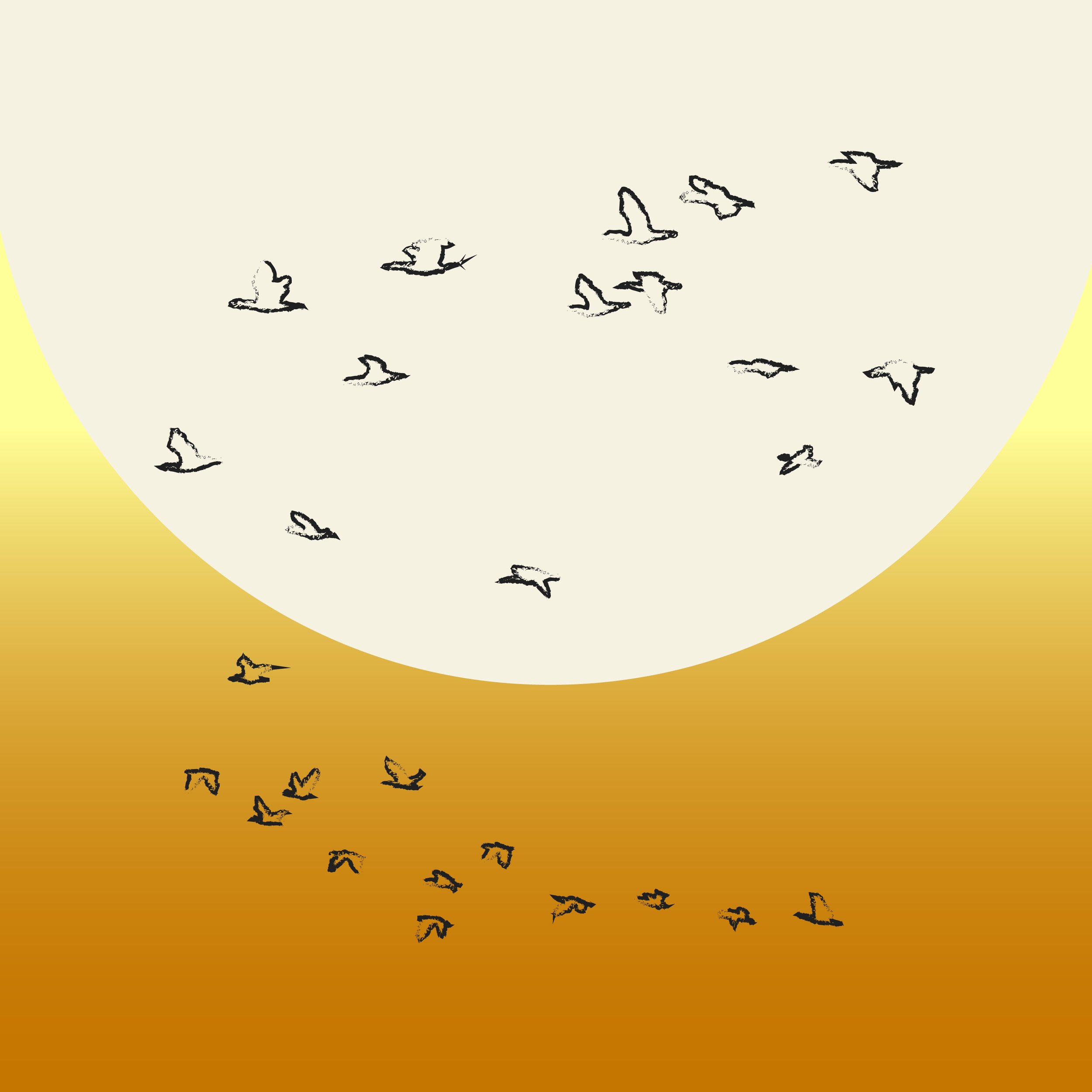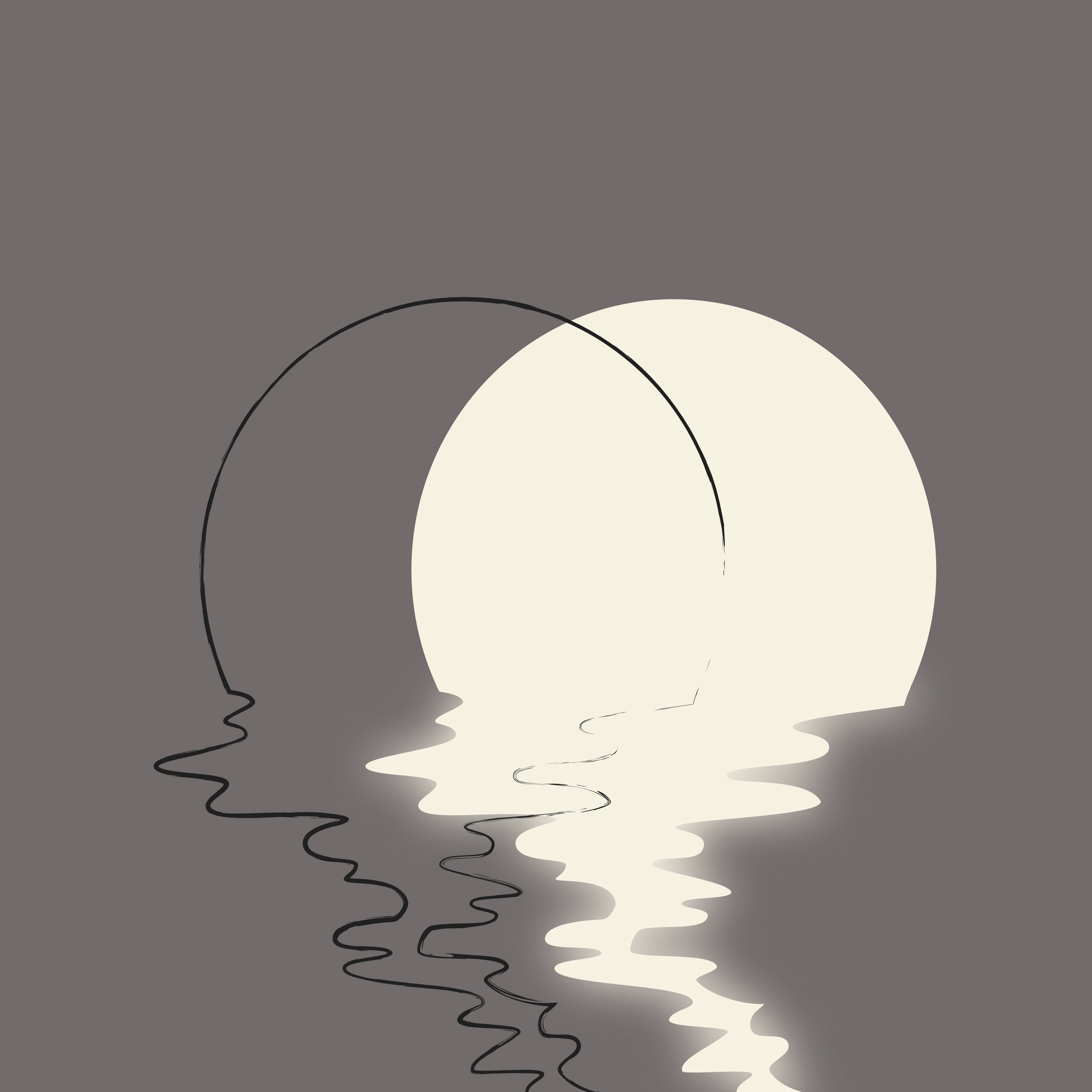Poems from Poland
“I want to think of her as living.”
JANUARY 14, 2025
* * *
I want to think of her as living. For instance of the day
when she emerged from the chemist, holding a plastic bag with shower gel,
sanitary pads, Q-tips. Adjusting the wooden frame of the sun-
glasses with her left hand.
Casting a shadow.
Sounds
It is easiest to remember their voice, but not
the last conversation. Hers sounded like walking on
iced-up snow. I’ve not yet made it to winter,
but I wait – till everything freezes, begins to creak.
Laps
For many years the same dream, prints in the snow,
thick fog. In the solitary house there burns
the milky bulb. My husband tells me, as my mother would, it’s
the horror films, the imagination. After last time I know
it is not.
* * *
I want to think of her as living, but I can’t.
For instance on the day when I see her
fractured thumb, her crooked jaw,
in the tight-fitting coffin.
The above poems were extracted from Urszula Honek’s new collection Poltergeist, published in Poland in 2024 by the Warstwy press.



